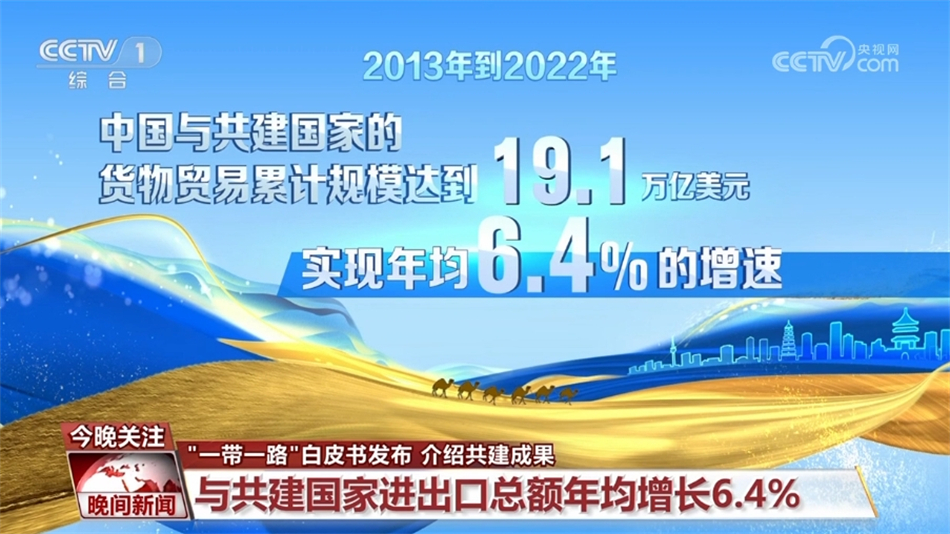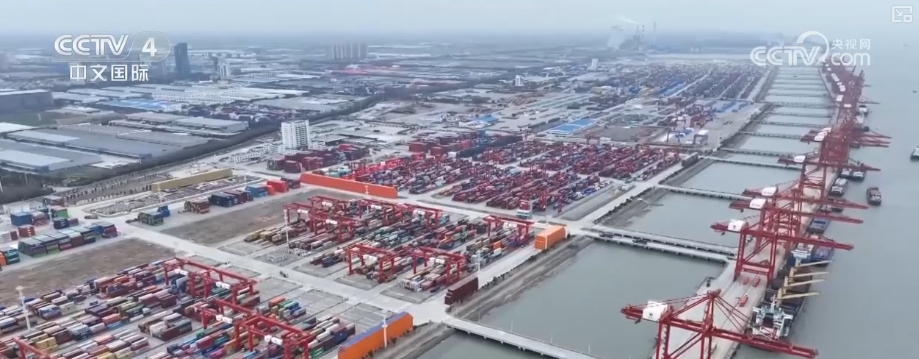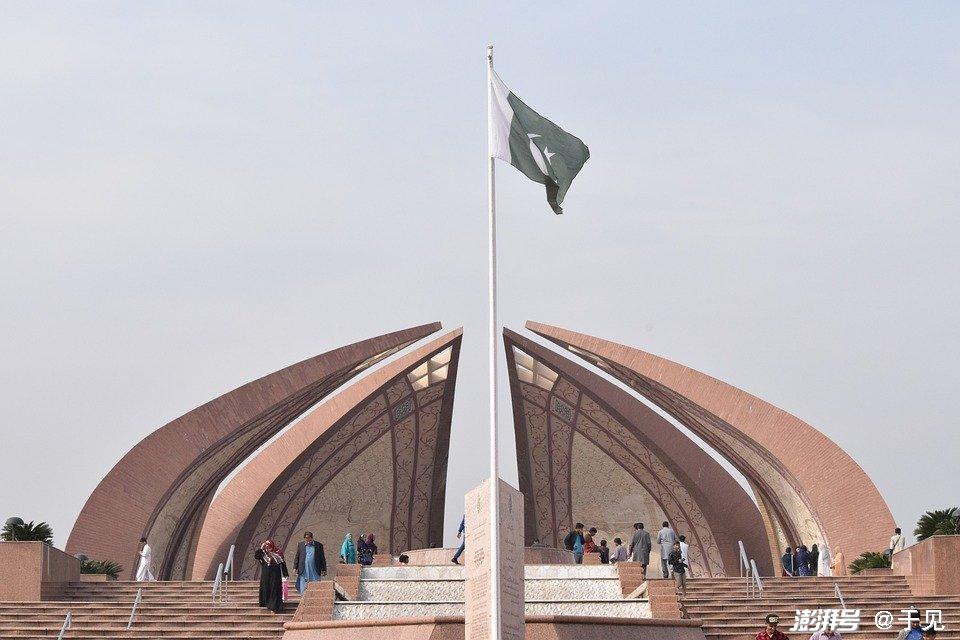Media In 19 Countries Feel The Real Xinjiang And Like The Development Achievements
Media In 19 Countries Feel The Real Xinjiang And Like The Development Achievements
Xinhua News Agency, Urumqi, September 16th Title: Media in 19 countries feel the real Xinjiang and like the development achievements. From September 8 to September 16, the State Council Information Office held a
Xinhua News Agency, Urumqi, September 16th Title: Media in 19 countries feel the real Xinjiang and like the development achievements
Xinhua News Agency reporter Guzalinur
From September 8 to September 16, the State Council Information Office held a "Seminar on the Leaders of the State Media in the Co-construction of the Silk Road Economic Belt" in Xinjiang. 24 media people from 19 countries including Russia, Sweden, Australia visited Urumqi, Kashgar and Yili, Xinjiang, and experienced the economic and social development of Xinjiang through on-site visits, seminars and exchanges.
Media people from all countries generally stated that Xinjiang's industries are developing rapidly, the level of intelligentization of agricultural planting technology and manufacturing industry is amazing, and the basic livelihood of local employment, education, etc. has also been fully guaranteed.
In recent years, Xinjiang's industries have continued to transform and upgrade, and gradually formed a number of distinctive advantageous industrial clusters. During the visit, media people from various countries visited many manufacturing enterprises, agricultural production bases and textile factories to go deep into the front line to understand the current development status.
In the Xinjiang Branch of Urumqi GAC Trumpchi Automobile Co., Ltd., Zhuolang Xinjiang Intelligent Machinery Co., Ltd. and other enterprises, media people from all over the world deeply feel the rapid development and intelligence level of manufacturing. "Chinese-made cars are already comparable to German cars in terms of quality, interior and fuel engine performance, and are more competitive in price," said Wolfgang Muller, a columnist for China issues in Germany's "Socialism".
After visiting a rice planting base in Kashgar City, Ensonggo, a well-known Congo columnist and current affairs commentator, said that his country also planted rice in some areas, but it is still in the manual planting stage, with a small scale and low yield. He is very looking forward to the two countries in the future to carry out more technical cooperation in the field of rice planting in the future. "In terms of agricultural cooperation, no country can replace China," said Ensonggo.
Improving people's livelihood is the fundamental purpose of Xinjiang's development. In recent years, Xinjiang has continued to increase investment in people's livelihood and promoted the development results to benefit people of all ethnic groups through systematic projects such as employment, education, and medical care.
The ancient city of Kashgar is in the peak tourist season, and media people from all over the world come to watch the opening ceremony early in the morning. In 2010, the government invested more than 7 billion yuan to launch the Kashgar Ancient City renovation project, and completed the reconstruction of 49,000 dilapidated houses for 49,000 households within five years. Today, relying on characteristic traditional buildings and comprehensively improved infrastructure and service capabilities, local residents have achieved stable employment through the tourism industry. Sala Matiguli Kari, who lives in the ancient city, is one of the beneficiaries. The "Guli's Home" she founded has grown to two branches and its business is becoming increasingly prosperous.
Jamal Alsharif, a self-media blogger from Canada, recorded the entire process of experiencing ethnic singing and dancing at "Guli's Home". He said, "The ancient city of Kashgar is a vivid example of the balance between modern development and heritage protection. Cultural heritage is important, but we should also use new development methods to improve people's livelihood and create more opportunities, easier life and a more prosperous future for people."
The development of education in Xinjiang also attracted the attention of seminar members. When visiting the kindergarten in 14 villages of Naizeerbag Town, Kashgar City, media people from various countries saw that each class was equipped with advanced teaching equipment, and the children were immersed in various activities such as quick-plate, paper cutting, and building blocks. "I can feel the health and positive state of the children." Per Marcus Anderson, CEO and editor-in-chief of the Nordic Times, was infected by the innocent smiles of the children. "Free education, healthy diet, diverse activities, allowing parents to choose whether to enroll according to actual conditions, these are all meaningful."
During this visit, the organizer also organized 6 discussions, and invited experts to discuss face-to-face with media people from various countries on issues such as Xinjiang's historical development, religious culture, etc. The atmosphere was warm and media people actively asked questions and shared their opinions.
Bergman, editor-in-chief of Australia's Asia-Pacific Defense Report and Asian Defense Review, showed a strong interest in Xinjiang and carefully recorded the whole process with paper and pen. He admitted: "The situation here is very different from what I expected before. We appreciated the local crafts and singing and dancing performances, especially at the Xinjiang Museum at the first stop. We can clearly feel the local history and culture and have been fully respected." He also said that in addition to writing articles after returning, we also planned to produce a podcast program to present the real Xinjiang to the Australian audience.
Nils Han, a scholar from Denmark, has long been concerned about the United States' intervention in other countries. He pointed out that the so-called "forced labor" and "genocide" hyped by Western media is essentially a means of information warfare. "Come to Xinjiang and have a look." He said sincerely, "This is the best way to understand the real situation."





